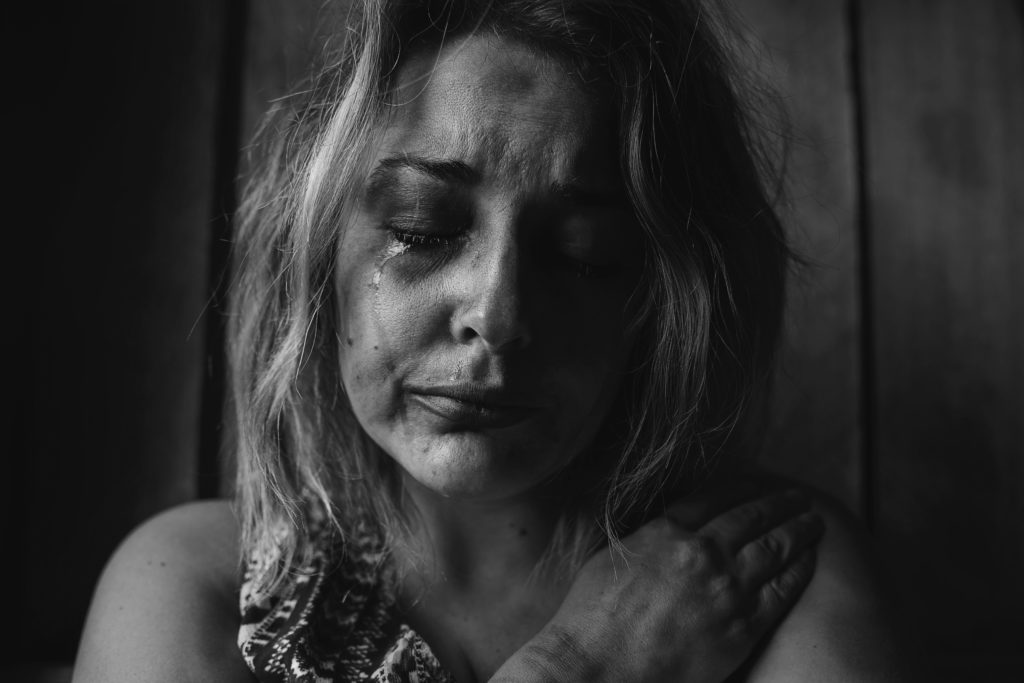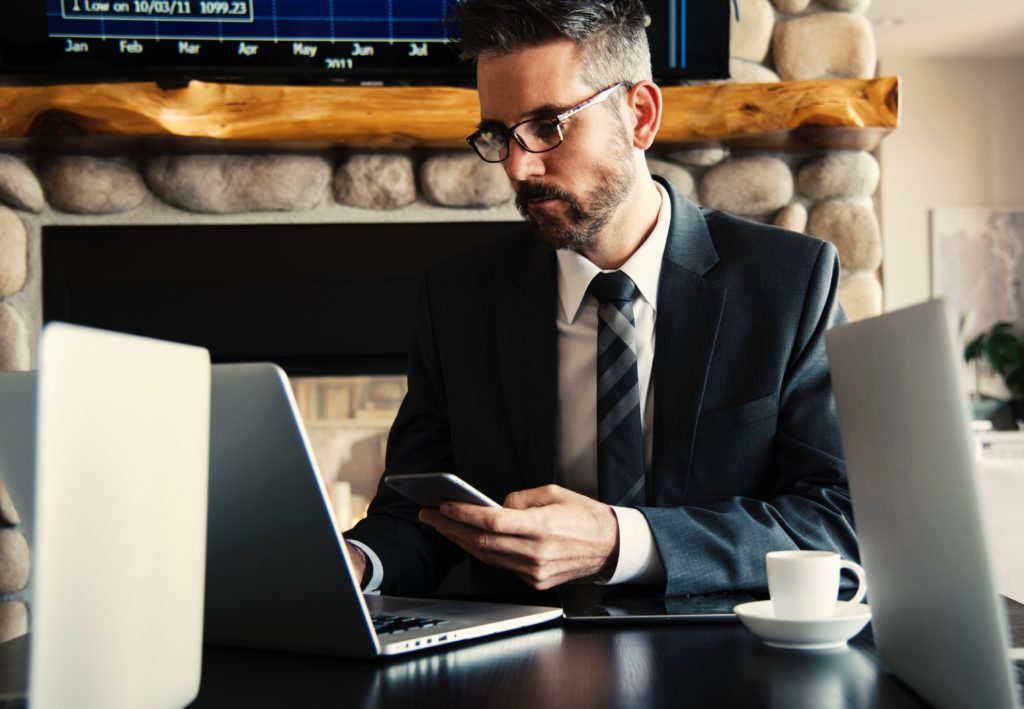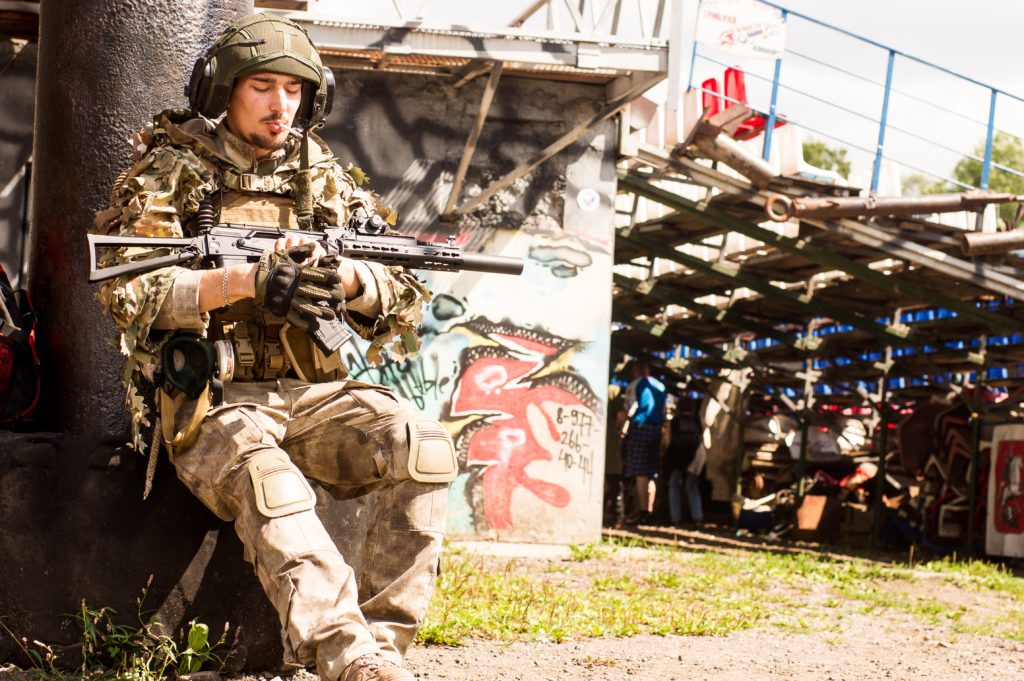
Shannon awoke, looked around the room hoping the new day would reveal it had all been a nightmare, and that life was back to normal.
But when she saw the the shattered mirror – cracks spreading out from a broken center – she remembered hitting it with her fist last night and realized nothing had changed. She looked at her hand…to see if it was cut. It was no surprise to see the cuts on the heel of her hand, the dried blood. It looked like the damage was minor and it would heal on its own. Why do fear, PTSD, and panic strike so hard at night?
The nights were hard.
Stay Safe, Stay Home the governor had said…
But for someone like Shannon, these instructions were costly. She understood it was important. But the silence, the darkness, the feeling that the walls were closing in turned her apartment into a house of horrors at times. Those sounds she couldn’t identify that made the hair stand up on the back of her neck and her heart race.
She’d grab the 18” long flashlight she kept in bed with her, to defend herself if an intruder broke in. The baseball bat was just under her bed if she needed it.
Last night she couldn’t see anyone, but the sounds started reverberating around her, and she finally exploded through the house ready to fight. She screamed, she cried, and she finally sank to the floor sobbing.

She’d wanted to die. She wondered how she could escape her life and her terrifying thoughts.
The mirror happened at some point during that experience and she wished she had never woken up again. But she did.
Right now she was calm. Why did she get so wound up by the dark?
Fear, PTSD, and Panic Attacks Seem to Get Worse at Night
All day she tried to manage herself. Her doctor had reminded her to try to avoid news broadcasts and news websites. Just reading about all the evolving changes in the city and country every day was overwhelming and depressing. Her doctor had pointed out that the sheer volume of information was too much for anyone to digest.
Instead she encouraged Shannon to find people online she could encourage. Or to offer to pick up groceries for people in the apartment complex who were at greater risk for the COVID-19 virus.
She’d said that doing things to help others can give her more peace and good feelings. And can help her stay balanced.
But it was hard.
Even though Shannon had followed her doctor’s advice, even interacting with friends on social media was becoming more challenging as more and more people were spewing anger, rage, and blame.
Sometimes it seemed as though fear attracted fear. And she wondered how to attract optimism, instead.
Listening to the rants of her friends stirred up her anger, too. But more than anger was the fear that their fears ignited.
And when you have a disorder, fear can present its own danger.
Counting her pills helped her verify she had been taking her meds on schedule. Of all times, this weird time shut in her apartment was not the time to miss her meds. She needed all the help she could get and she knew it.
Shannon decided she better request an online meeting with her doctor on the secure server. She thought she better tell her what happened last night. She didn’t want to.
It was embarrassing, but she was learning that facing her symptoms in all their “glory” gave the doctor the information needed to make sure her meds were at the best dosage.
She’d only been coming clean with her doctor for a couple years. Before that, she’d always tried to protect herself with a clean and respectable image and then everything would fall apart. She guessed she’d learned that her condition wasn’t something she should be ashamed of, but rather a condition with symptoms she and her doctor worked together to manage.
It had lifted a load off her to finally accept the condition rather than hide it. She wondered…if she did die here, how long would it be before they found her body…?
Shannon forced herself to stop thinking that way. She just had to not think like that…but how could she make the thoughts go away?
The Relief Ketamine Treatment Can Bring

Next door, Sam woke up after the night of bumping, pounding, broken glass, screaming, and crying that kept him awake last night, wondering how he could face the day. He thought he might have dozed for an hour or two in all.
One of the hard things about working at home was the desire to crawl back into bed or doze on the couch when he was tired.
Nevertheless, he showered, got his coffee, and sat at his computer at 8:30am right on schedule.
Fear, PTSD, and Panic Attacks Can Affect People Near You, Too
As his day began, he was distracted thinking about all the noise from next door. It wasn’t the first time. He wondered if the person who lived there was being mistreated by someone or if she was there alone.
If she was there alone, he sure could understand this social distancing getting to her. It seemed to him that social distancing is great for happy introverts who want to quietly read books or something but it had to be hard for people who draw their energy from spending time with other people.
As for himself, he was just so relieved that he had as much self control in these circumstances as he did.
For years, PTSD had kept him so torn up, so terrified at times, that his wife and children were afraid of him. Being shut in like this would have been really really hard.
But he was lucky.
He’d learned about a treatment that helped him find a calm, a feeling of well-being, and a peace he didn’t know was possible.

His buddies from Afghanistan had talked about all kinds of special treatments. There were camps people went to that were so expensive, he didn’t have the means to try them.
One of his friends came back doing somewhat better, but still had the awful flashbacks at times. A couple others didn’t get much out of it…after all that money.
There were counseling programs, outpatient medicines, and more.
But one guy told him about ketamine treatment. And this guy seemed almost well. Hard to believe but he did. They became good friends and talked more and more often. He said that fear, PTSD, and panic were much more rare now.
Turned out the guy went for 6 treatments at his psychiatrist’s office… and he just kept feeling more and more normal.
So Sam looked into it. He found out he could get special financing from a medical loan service, so he went for it.

That was a year and a half ago, and he was just so glad for his calmer frame of mind during this lockdown. He could only imagine what this period of time would be like otherwise. Fear, PTSD, and panic would have been the fabric of his existence. But…
By eating healthy, working out in his living room over lunch hour, and looking for ways to help people around him, he felt a bit more like a hero to some of the older people in his complex, and less like someone who came home from the war broken.
He did attend an online meeting for people with PTSD once a week, and tried to apply everything the therapist suggested. But he also felt like he had things he could contribute, too. This treatment almost seemed to increase his insight into the trauma he experienced, so the more meetings he attended, the less victimized he felt.
Sam wished he could help the girl next door. He wished he had something to offer. He needed to think about that more. Maybe he could come up with something to cheer her up without having actual contact with her.
He felt so privileged to be living this well. It was as if he’d been to hell and back…and he just wanted to give something somehow to those who hadn’t found the freedom he had.
Weathering The Coronavirus Crisis
As you get through the days in your home, you look around you, and there are people in all the other homes and apartments you see. Some are coping fine, though they may be getting cabin fever. Others are working hard, with some tension building as they work because of the conditions in the world.
But some are suffering. Fear, PTSD, and panic attacks along with severe depression threaten the health and wellbeing and sometimes the lives of some. From ailments that make life alone at home a lot harder. And those whose symptoms are intensified by the isolation they feel may be suffering more than you can imagine.
Here at Innovative Psychiatry, we’re seeing patients every day. Our psychopharmacology patients we see by telemedicine. It’s important for all of us to avoid face to face contact, but it’s also important to take care of our patients.
And those patients who need ketamine treatment? We’re carefully treating you here at the office. Using a safety protocol that protects you, and protects us, too.
We’ll screen you for exposure to COVID-19 to protect your safety and ours, as well.
Ketamine treatment can help ease your symptoms, improving the neuroplasticity in your brain cells, so you can change the way you see things, and respond to them.
And …often even separately from your symptom improvement, it can erase suicidal thoughts in a few hours. If you’re isolated, and the suicidal thoughts have become overwhelming, call us.

And if you suffer with PTSD, severe depression, severe bipolar depression, with symptoms that medication doesn’t relieve, schedule a consult to see if ketamine treatment could be right for you.
For suicidal thoughts, you’ll be amazed at what ketamine treatment can do to give you peace from those.
Stay Safe, Stay Home. But if you find it too hard to get through the days and nights right now, and if the terror and despair overwhelm you, call us.
We’re here to help you achieve a healthier, more balanced frame of mind to see you through the current crisis and beyond.
You can get through this, with help. We’re all in it together.

To the restoration of your best self,
